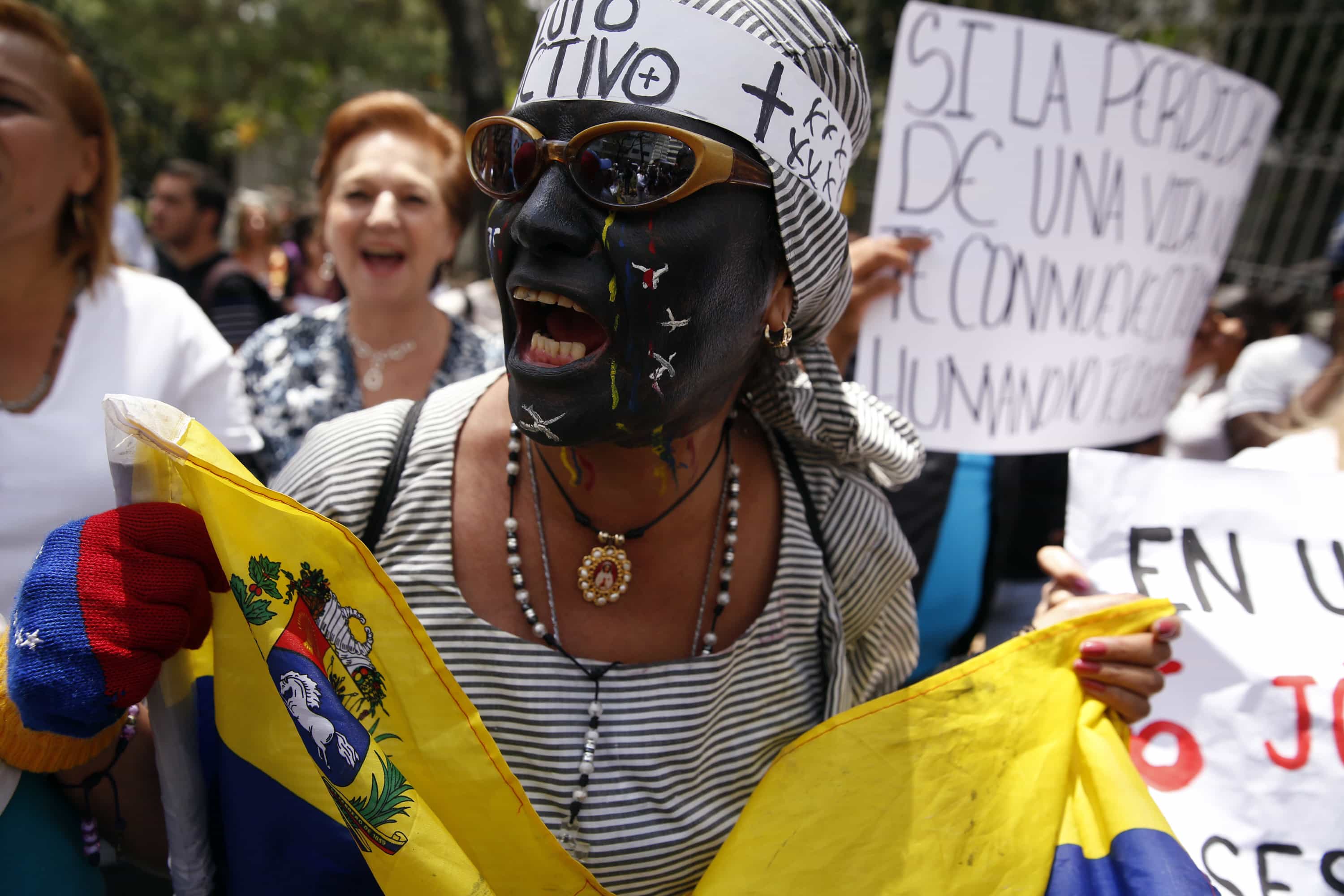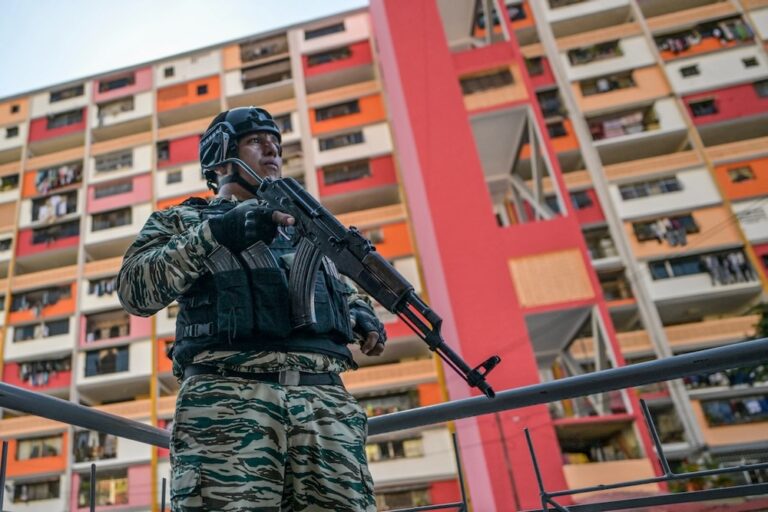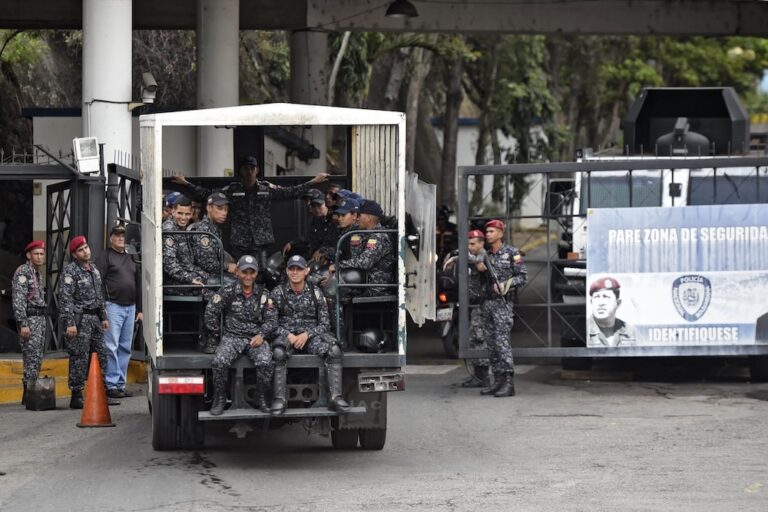A year after protests broke out in Venezuela, people are back in the streets, this time risking physical retaliation from military granted powers to use "potentially lethal weapons".
This statement was originally published on article19.org on 25 February 2015.
It’s been a year since protests erupted in Venezuela, and students have taken to the streets once again in San Cristobal city (near the Colombian border) to protest against the recent crackdown on opposition leaders, the economic crisis and the rise in criminality. Yesterday, 14-yr old schoolboy Kuiverth Roa died after he was shot in the head during an anti-government protest.
Less than a month ago, a new ruling was passed (Resolution 008610) to allow the use of deadly force to control protests. The resolution establishes the “use of force, with a firearm or any other potentially lethal weapon” as the last resort to “prevent disorder, support the legitimately constituted authority, and counter all aggression, immediately confronting it with the necessary measures.” It also mentions that a new “manual” will be created in the next three months to facilitate training in human rights abuses (yes, shoot first and get your human rights training later!).
These measures send a clear message to intimidate those who plan to protest against the government. Only last year, more than 9,000 protests took place across the country and half of those were against the chavista administration.
The protests last year were fuelled by the economic crisis and sky-rocketing criminality (almost 24,000 people murdered in 2014). And although the government had committed to safeguard the rule of law , at least 40 people died and more than 3,000 were jailed in the context of anti-government protests in 2014. At least 90 of them remain in jail, including students and human rights defenders.
More recently it was exposed by local NGOs that a handful of these prisoners remain in “the grave”; an underground jail in the National Intelligence premises, where they were allegedly repeatedly tortured. But these accusations are unlikely to be investigated in the near future- 91% of crimes in the country remain unpunished.
The Inter-American Commission expressed its concern about the situation. It’s now time for Latin American governments and UNASUR to champion the human rights discourse and speak up and call Mr Maduro’s administration to hold accountable those who have committed abuses against peaceful protesters and allow independent experts, such as the UN Special Rapporteurs to assess the situation of freedom of expression and other human rights in Venezuela.



